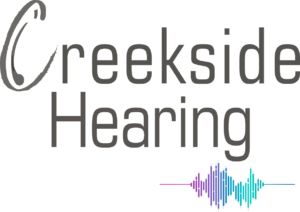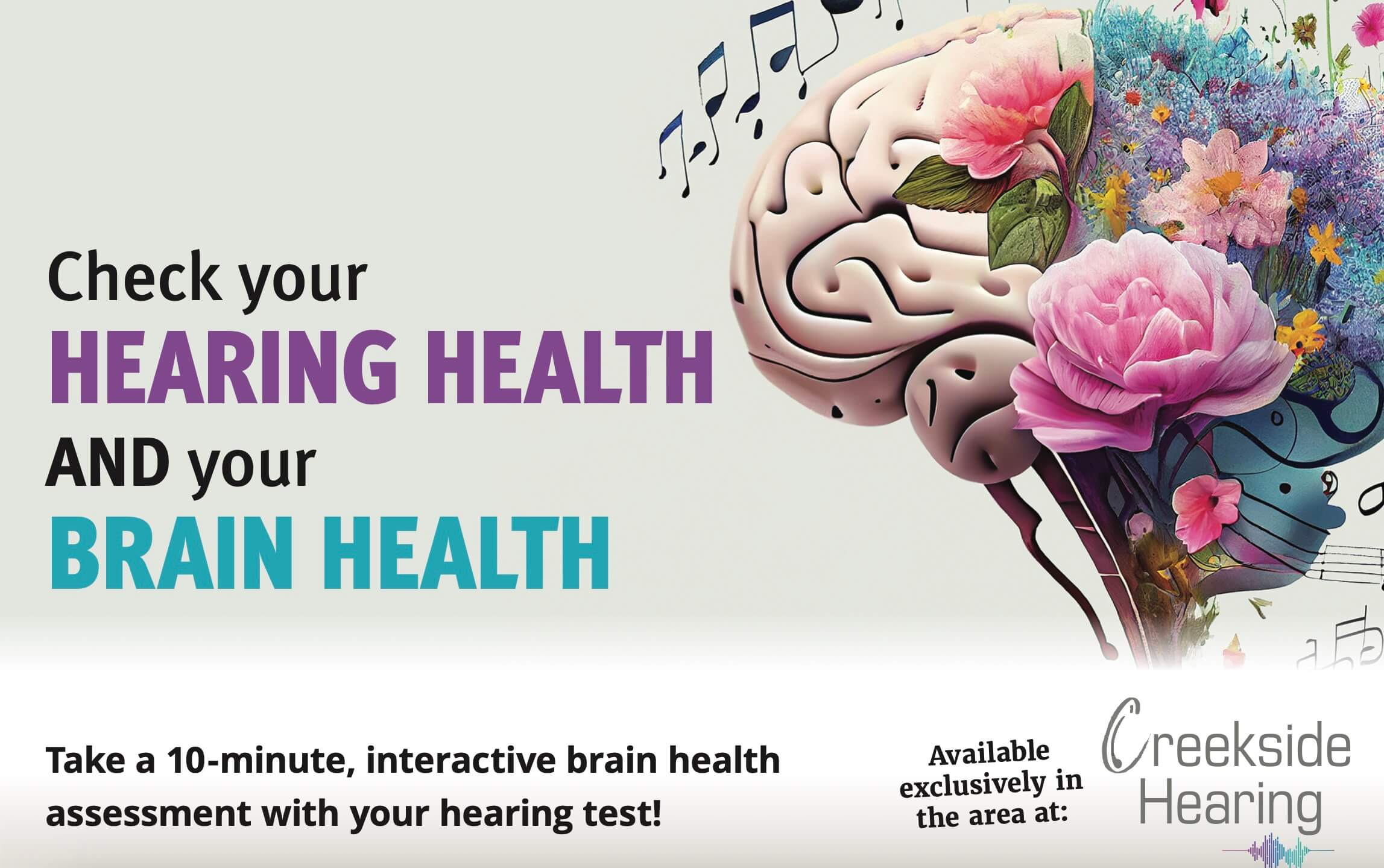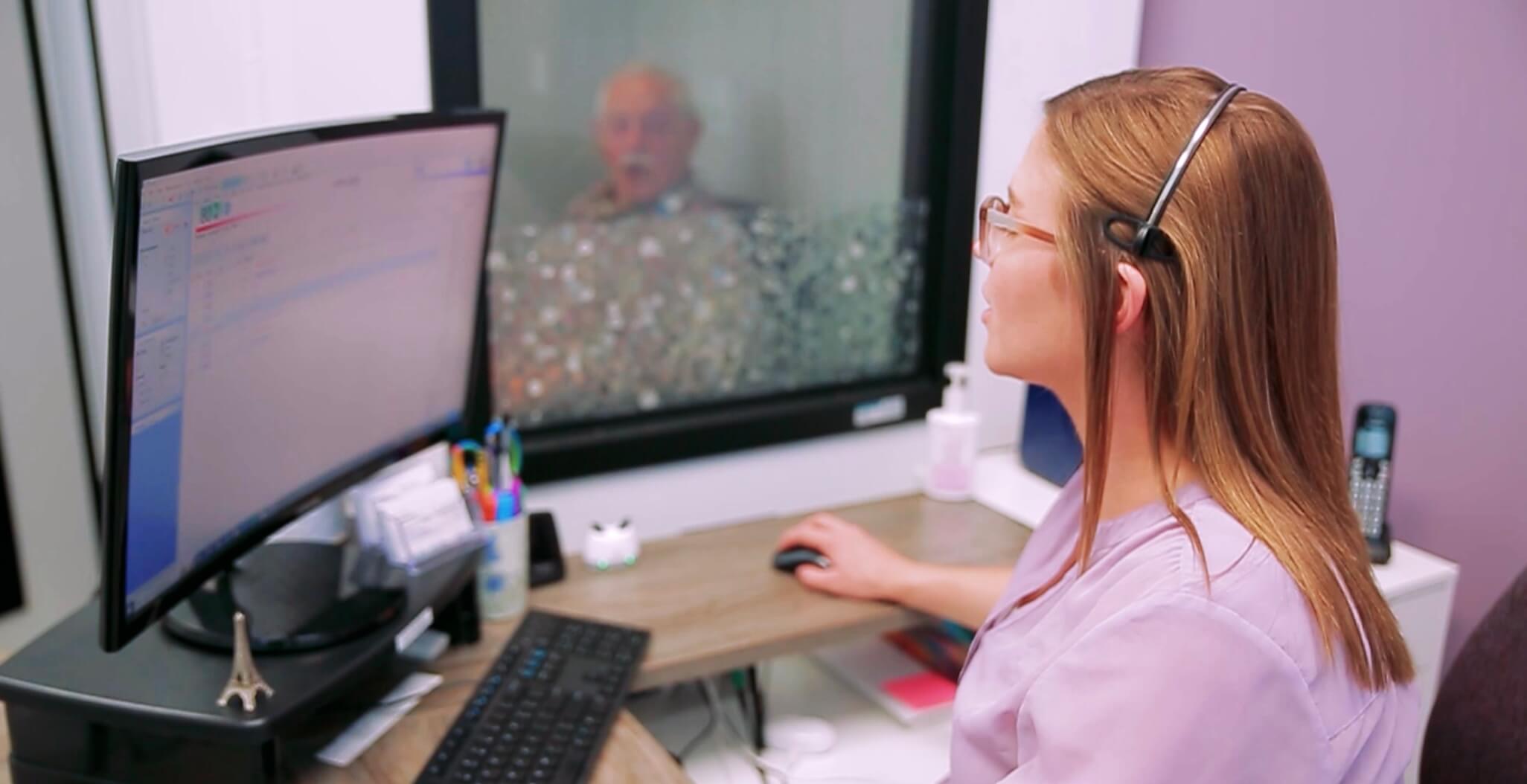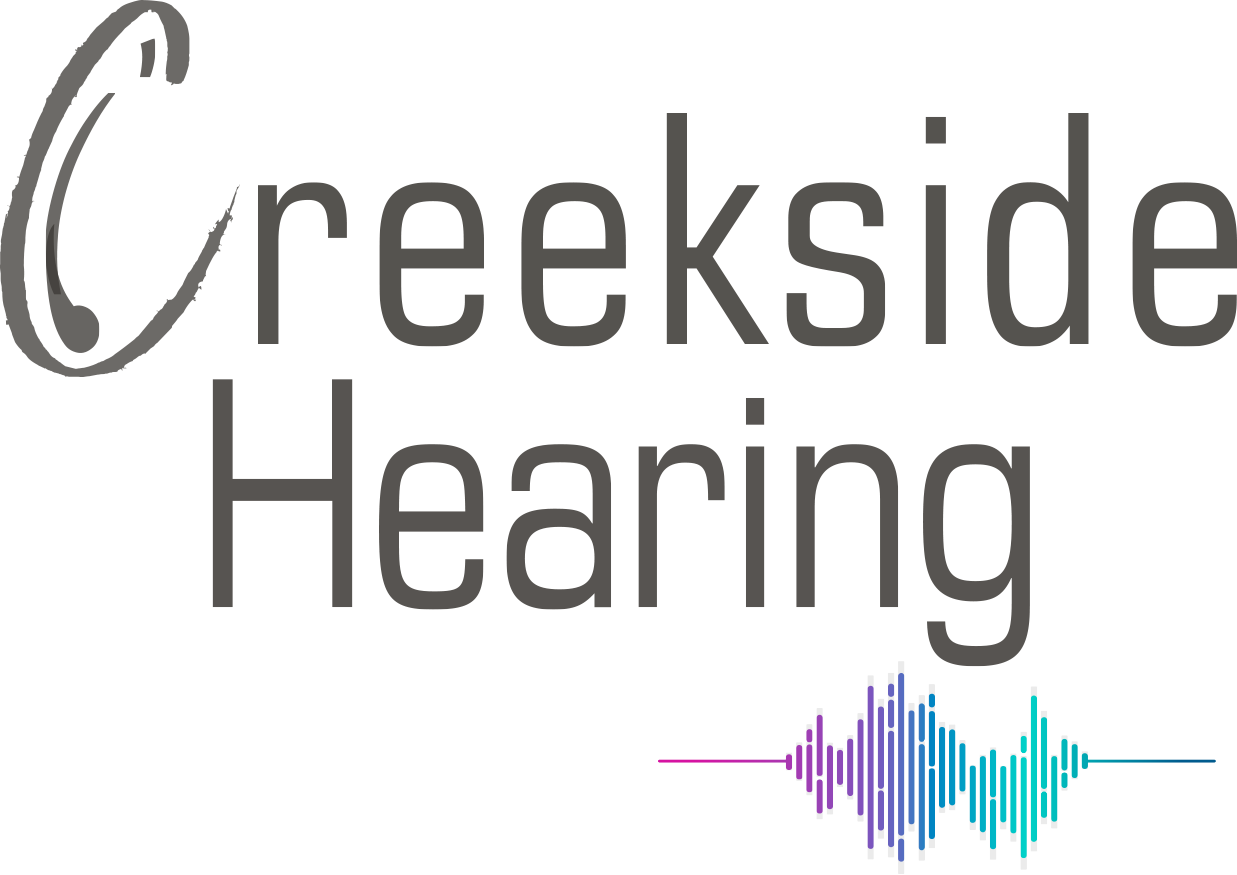
This month we seek to explore and understand the unique and intriguing connection between our sense of hearing and cognitive function. Ever been told that you are not listening? Do not simply dismiss it as an offhand remark. What if that is a sign of something more critical? What if we could help prevent one of the most feared cognitive conditions – dementia – simply by taking care of our hearing health? Join us as we journey into the world of sound and silence, cognition and confusion, and the pivotal role that your hearing devices could play in potentially extending your quality of life.
The Close Connection Between Hearing and Brain Function
One of the busiest routes is the auditory path – the information superhighway from our ears to our brain. But what happens when this vibrant flow of sound becomes muffled and distorted by hearing loss? Our brain’s activity begins to decline. Studies have shown that untreated hearing loss can affect the overall cognitive function, leading to cognitive decline, it is not just about not being able to hear the birds sing or a friend’s joke.

Let us consider an everyday scenario: having a conversation in a noisy environment. With normal hearing, your brain easily filters out the background noise, focusing on the person speaking to you. However, with hearing loss, this becomes an uphill task. Your brain has to work overtime to extract meaningful sound from the noise, putting additional strain on your cognitive resources. It is also about our brain processing and understanding auditory signals. When hearing loss restricts this cognitive exercise, our brain fitness can take a hit, leading to various degrees of cognitive decline.
This is where the possibility of dementia comes into the picture. Dementia is a condition characterized by cognitive impairment affecting memory, thinking, behaviour, and the ability to perform everyday tasks. It is often seen as a condition related to age, but as recent research indicates, other factors like untreated hearing loss can significantly contribute to its onset. In a recent study, it shows that hearing loss is the number one modifiable risk factor for dementia.
Therefore, our hearing, often taken for granted, plays a crucial role in maintaining our cognitive well-being. Good auditory health contributes to protecting against conditions like cognitive decline and dementia.
As we continue this exploration, keep in mind that awareness of this delicate relationship is our first line of defence against cognitive decline.
The Transformative Impact of Prescriptive Hearing Devices
After exploring the link between hearing loss and dementia, let’s look at solutions and prevention. One important solution is a personalized treatment plan – a program that can help protect our brain health. A recent study found that untreated hearing loss is connected to a higher risk of dementia, suggesting that hearing devices may help prevent or delay the onset and progression of dementia.
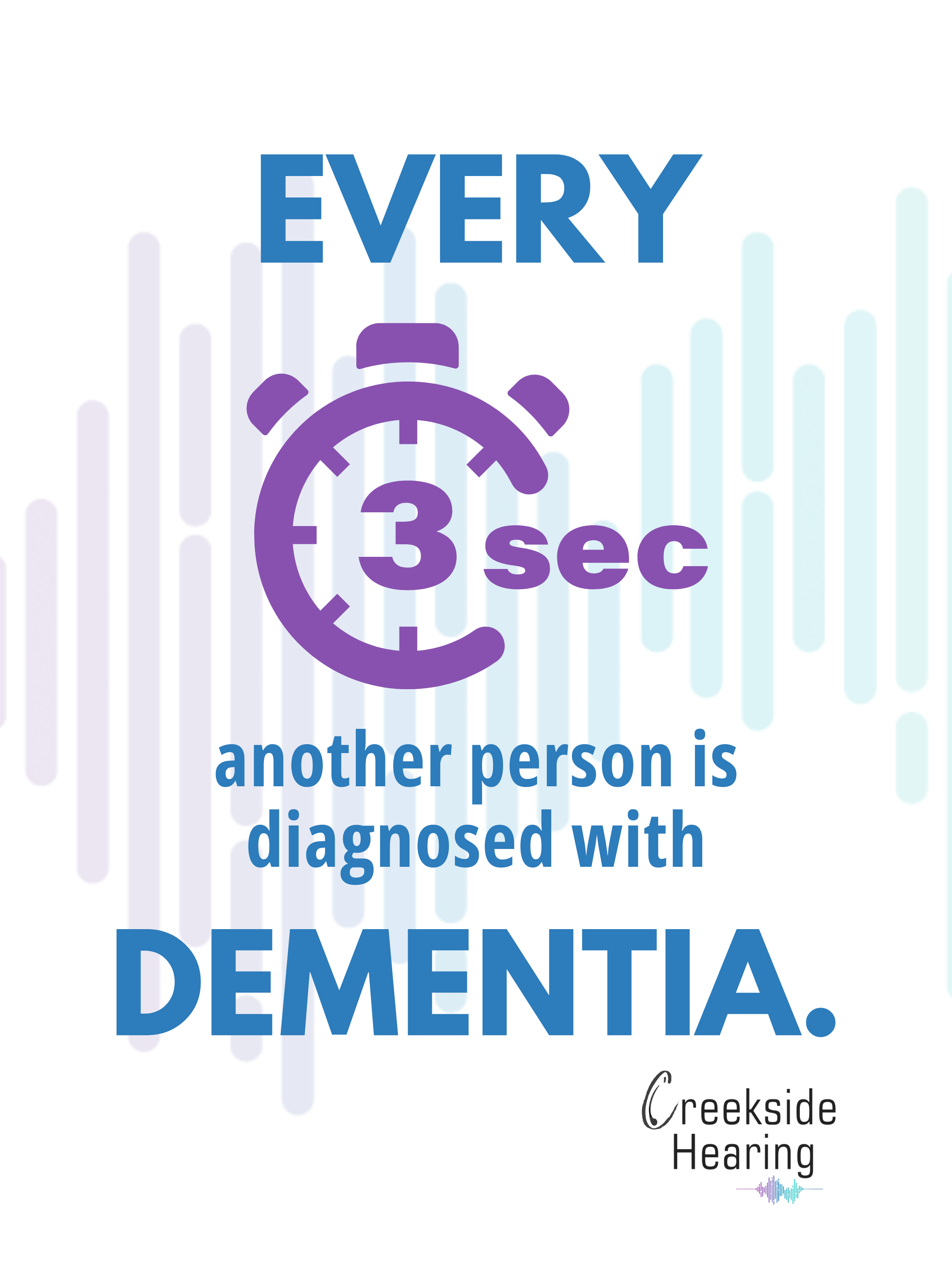
5 Medical Benefits of Treating Hearing Loss and Tinnitus
Treating hearing loss and tinnitus early can significantly improve both physical and mental well-being. Active aging with proper care for these conditions reduces brain strain, enhances communication, improves safety, and maintains a higher quality of life. Managing tinnitus can also ease constant noise disturbances, making daily life more comfortable.
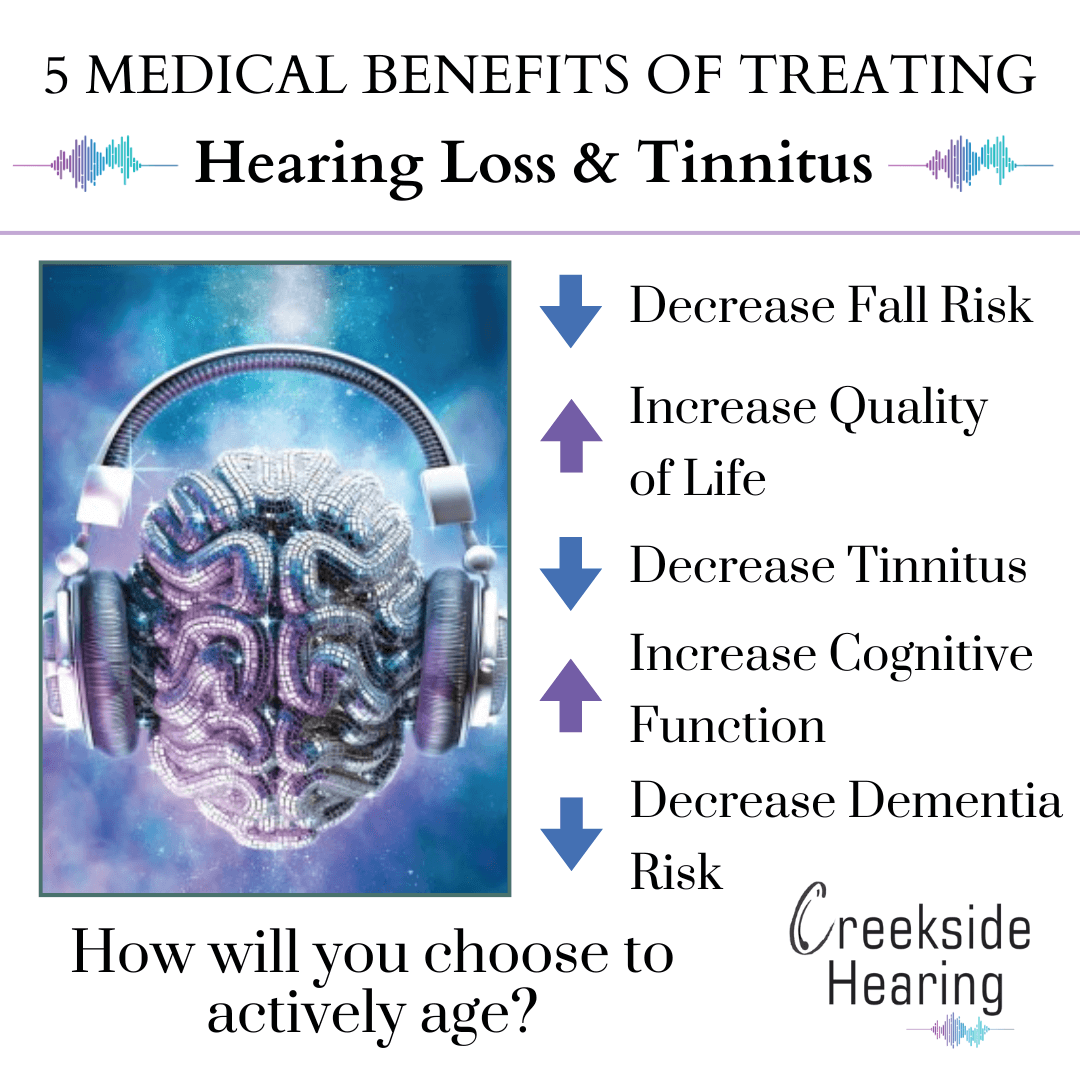
Decrease Fall Risk: Improved hearing helps individuals maintain better balance and awareness of their surroundings, reducing the likelihood of falls.
Increase Quality of Life: Addressing hearing loss and tinnitus enhances communication, social interactions, and daily activities, leading to a more fulfilling life.
Decrease Tinnitus: Effective treatments can reduce the intensity of tinnitus, alleviating the constant ringing or buzzing in the ears.
Increase Cognitive Function: Treating hearing loss can reduce cognitive overload, allowing the brain to focus on other tasks, thereby improving memory and concentration.
Decrease Dementia Risk: Early intervention in hearing loss may lower the risk of developing dementia, as untreated hearing loss is linked to cognitive decline over time.
Taking Action: Embracing Hearing Health for a Brighter Cognitive Future
What can we do armed with this knowledge? We can start by taking our hearing health seriously. It is time we treat our ears with the same level of care we give to our eyes or teeth. Regular hearing checks should be a part of our health routine. If you notice any changes in your hearing, do not hesitate to seek help, including right here in Waterloo at Creekside Hearing. Remember, early intervention is critical in managing hearing loss and its potential cognitive impacts

For those already living with hearing loss, do not let any stigma or hesitation keep you from exploring the benefits of hearing devices. As we have seen, these devices can be a game-changer, not just for our hearing, but also for our cognitive health. So, please feel free to reach out to us to learn about your options, and embrace the transformative power of hearing aids.
Lastly, let us share our understanding with our friends, families, and communities. The conversation about hearing loss and cognitive decline needs to be louder and more widespread.
We all hold the power to affect our cognitive well-being positively. With the information we have shared and discussed, you are already equipped to make a difference in your life and the lives of those around you. Take this knowledge, and transform it into action. Prioritize your hearing health, embrace the power of hearing devices if needed, and continue to learn and spread awareness.
Embrace the Power of Cognivue for Your Hearing Health
Cognivue Thrive is the first FDA-cleared, self-administered computerized screener, a ground-breaking tool that completes an evaluation of your cognitive function in approximately 10 minutes.
What makes Cognivue so valuable, is its ability to provide insights into our cognitive health, which is essential to determining the most effective hearing solution. By assessing our cognitive function, Cognivue helps us understand how well we are able to perceive, process, and respond to auditory information.

With such a tool at our disposal, our path to maintaining optimal hearing health and guarding against cognitive decline becomes clearer and more directed. Cognivue empowers us to take charge of our hearing health, leveraging the importance of personalized, data-driven care in our fight against cognitive decline related to untreated hearing loss. Contact us today to take the first step towards understanding your hearing and cognitive health.
We hear with our ears, but we listen with our brain. Let us make the choice today to hear better, live better, and take a significant step to thrive in our cognitive future.

Click here to learn more about Creekside’s Cognition Screening and Hearing Services.
